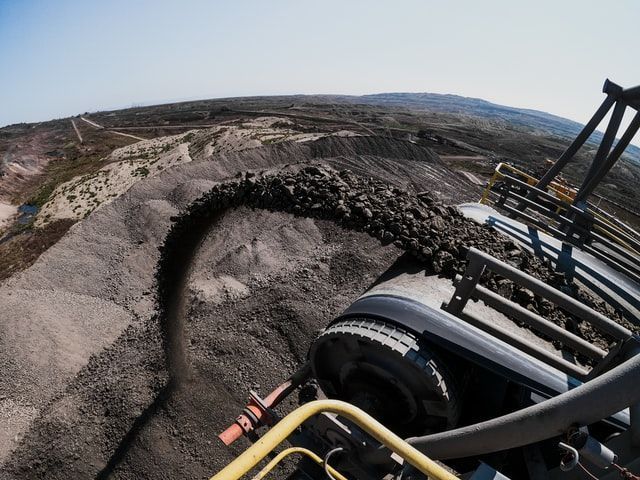MPs in the Sejm voted to ban coal imports from Russia and the separatist republics it recognizes. Nobody was against it.
The Sejm supported the regulations banning the import of coal to Poland and the transit of coal from the Russian Federation and the separatist-controlled Luhansk and Donetsk oblasts in Ukraine. 445 deputies voted in favour of the law on special solutions in the field of counteracting aggression against Ukraine and serving the protection of national security, no one was against, and 11 abstained.
Sejm prohibition of import of coal from Russia
According to the adopted provision, “it is forbidden to import into the territory of the Republic of Poland and transit through the territory of the Republic of Poland of coal falling under heading 2701 of the Common Customs Tariff from the territory of the Russian Federation and from areas not controlled by Ukraine of the Ukrainian Oblast of Donetsk and the Ukrainian Oblast of Luhansk”.
The justification indicated that limiting coal imports from the Russian Federation would increase extraction in Poland and increase imports from other directions, such as Australia, Colombia, and the United States. The justification recalled that the Polish electricity sector is independent of imported coal supplies. For other sectors of the economy, it is possible to redirect supplies to other directions.
Poland bought 8 million tons of coal from Russia
In 2021, about 8 million tonnes of steam coal were imported from Russia to Poland, which means a decrease by 1.1 million tonnes compared to 2020 and by 2.5 million tonnes less compared to 2019. Coal from Russia is mainly imported all by private entities. It is used to meet the needs of households, private enterprises (e.g. processing plants, vegetable producers, etc.) and small heating plants. Energy coal imports (million tonnes) in 2021: Russia – 8.03, Colombia – 0.6, Kazakhstan – 0.51, others – 0.11, USA – 0.08.
The adopted regulation will be submitted to the European Commission for technical notification, it is to be carried out urgently. The act is to enter into force on the day following its promulgation.
Source: Wprost

























